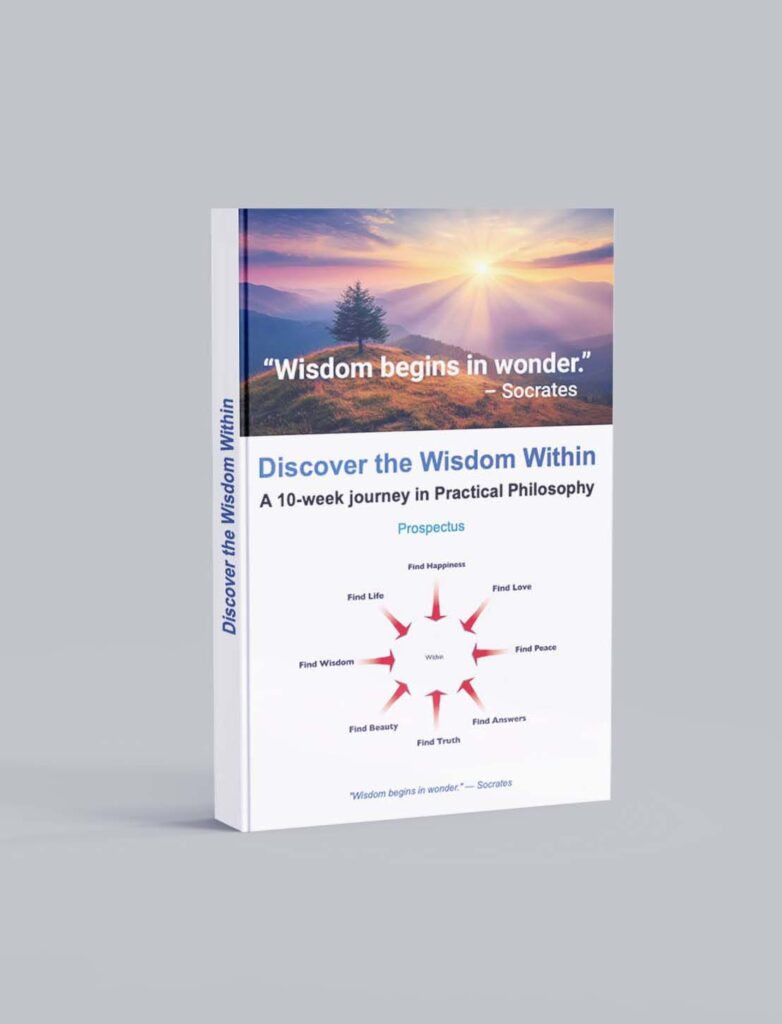Do we crumble and collapse or is there a way through?
Christine Lambie speaks about Epictetus, who lived from c55-135 AD.
Epictetus himself will have faced extreme events, so these are not just empty words on his part. ‘It is not events that disturb people, it is their judgements concerning them.”
He was born to a slave woman in what is now Turkey. He was either lame from birth or injured at some early stage; either way, he was disabled for life.
He was trafficked west to Rome in a slave caravan and was bought by Epaphroditos who was a secretary to Emperor Nero. This gave Epictetus a unique view of empire.
During this time Epictetus started attending stoic lectures in Rome. When he was eventually freed, he started his own school.
Epictetus’ style is very lively. His words are written by his pupil Arrian. Both Epictetus’ works begin by distinguishing between what we can control and what we can’t control.
We may think there are lots of things we partially control. But for Epictetus, ‘control’ means what we can completely control ie our own judgments, opinions and impulses.
Epictetus is a superhero to guide us.
Albert Ellis, a 20th century psychologist, was drawing on Epictetus when he pinpointed three areas of rigid expectation that people often have:
1. We expect ourselves to perform outstandingly well at all times.
2. We expect others to treat us nicely all the time.
3. We expect life to go smoothly all the time.
When there’s a clash between the expectations we hold and the events as they unfold, we can become very unhappy. Instead of these expectations, we could say, ‘I don’t like how this person treated me, but I can bear it’ etc.
Epictetus said, ‘By managing our judgements and our impressions, we have flexibility.’ This is not just enduring hard times or repression. It’s about managing our inner reactions and what we tell ourselves.


